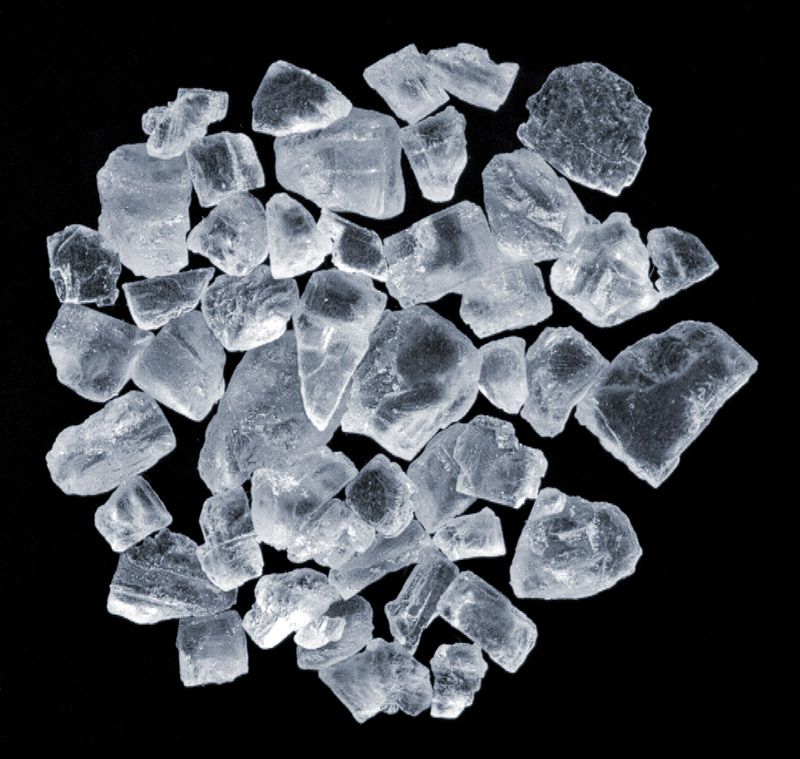-
 Adolescence
Adolescence
-
 Volcanic rock
Volcanic rock
-
 To graze
To graze
-
 Fibrinolysis
Fibrinolysis
-
 Alopecia
Alopecia
-
 Crawlway
Crawlway
-
 Photolysis
Photolysis
-
 Polymetallic
Polymetallic
-
 Topocentric
Topocentric
-
 Parallax barrier
Parallax barrier
-
 Excision
Excision
-
 Backdoor
Backdoor
-
 Tyrosine
Tyrosine
-
 Wandering albatross
Wandering albatross
-
 Exothermic
Exothermic
-
 Insect
Insect
-
 Glucagon
Glucagon
-
 New Horizons
New Horizons
-
 Dysplasia
Dysplasia
-
 Tundra
Tundra
-
 Cath
Cath
-
 SPICAV
SPICAV
-
 Vitamin B9
Vitamin B9
-
 Somatic
Somatic
-
 Walking bus
Walking bus
-
 Analogy
Analogy
-
 Lychee
Lychee
-
 Influenza
Influenza
-
 Antiparkinsonian
Antiparkinsonian
-
 Conductivity
Conductivity
Hyponatraemia
Hyponatraemia is a pathological situation involving deficiency of sodium ("natrium" in Latin) in the blood. It is present when sodium levels are below 130 mmol/L. Because of effects ofosmosis, extra-cellular fluid enters the intracellular space to rebalance sodium concentrations. Hyponatraemia can also cause neurological disorders which may result in loss of consciousness or coma in very severe cases.
Causes of hyponatraemia
. Hyponatraemia has several causes including:
- deficiency of sodium due to excessive loss or inadequate intake. It may be caused by some medicines such as diuretics. Other factors such as nephropathy (renal dysfunction) are occasionally involved;
- water excess, water retention in the extracellular space leading to excessive dilution of sodium. Potomania (or psychogenic polydispia), a disorder involving excessive drinking, can also cause hyponatraemia.
Treatment of hyponatraemia
Neurones are very sensitive to changes in sodium concentrations. Hyponatraemia must be treated gradually to avoid other serious symptoms such as altered consciousness or locomotor problems. To treat it therefore the source of the problem must be identified. If hyponatraemia is due to diuretics, these must immediately be stopped&nbsp. If it is due to overhydration, the patient's water intake must be restricted until the blood sodium returns to normal.
 Hyponatraemia is a low sodium concentration in blood. Sodium chloride, which is seen here as magnified crystals, provides the body with the sodium it needs to function correctly. © André Karwath, Wikipedia, CC by sa 2.5
Hyponatraemia is a low sodium concentration in blood. Sodium chloride, which is seen here as magnified crystals, provides the body with the sodium it needs to function correctly. © André Karwath, Wikipedia, CC by sa 2.5
Latest
Fill out my online form.



